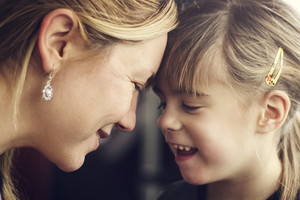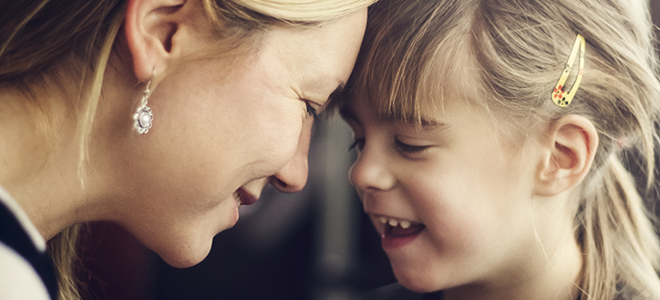Blog Categories
Search Blog
Blog Categories
Choosing Kindness
Integrity, honesty, compassion, empathy, respect, perspective, kindness… these are but a few values we wish to foster in our children. We want our children to be good people.
Yet from the minute I check my Twitter feed in the morning to the moment I get the last of the day’s news at night, it increasingly feels like decency doesn’t matter. Moments of inspiration and leadership are being undermined by stunts and name-calling; discussion of real issues gets lost in a fog of boasting and bullying. While there is outrage, there are also, sadly, defenders of this aggression.
It’s very difficult to foresee how this moment in history will mold us and our children. As a psychologist and a parent, I hope that current events embolden us further to model integrity and teach our children to choose kindness instead.
I recently came across the work of the Making Caring Common Project, a research-based initiative led by Dr. Stephanie Jones and Dr. Richard Weissbourd of the Harvard Graduate School of Education. Its aim is to “develop effective strategies for promoting kindness and a commitment to the greater good,” for children and youth at home and at school. Its parent-focused report, “The Children We Mean to Raise” highlights a number of key insights:
- The majority of youth tend to rank achievement and happiness above caring for others and fairness when asked what is most important to them;
- Youth who do not prioritize caring and fairness and who perceive their friends as also not prioritizing these attributes tend to be more at risk for harmful behaviour towards others;
- 80% of youth perceive their parents as being more concerned with their achievement and happiness than their caring for others, while parents tend to endorse caring for others as the top priority;
- Research suggests that the daily conversations that parents have with their children may over-emphasize achievement and happiness and may “drown out” messages about caring;
- We need to “walk the talk” with our kids if we want them to prioritize caring and fairness as they grow and develop.
So how do we do it? The MCC project’s parent tips set out clear guideposts for raising caring, ethical, and respectful children.
In brief, we need to make kindness something that matters in our conversations, our interactions and our service to others. We need to emphasize gratitude with thank yous: face to face, in writing and over the phone. We need to shift the conversation away from ourselves to ask about others – their thoughts, feelings and actions – so that our sons and daughters grasp an understanding of how situations impact people differently. Similarly, we can bring up hypothetical dilemmas and brainstorm how we might face them. We should also highlight courage and compassion all around us. And for older children, we can address what we see on TV and in news to talk about the hardships faced by others. Opportunities for volunteer work, fundraising and collaborative community activities can be undertaken as a family. These are just a few ways that we can “teach kindness”.
In the words of Ellen DeGeneres, “Be kind to one another“.
Quiz: Are you teaching your child to be a good person? – Courtesy of the Making Caring Common Project






